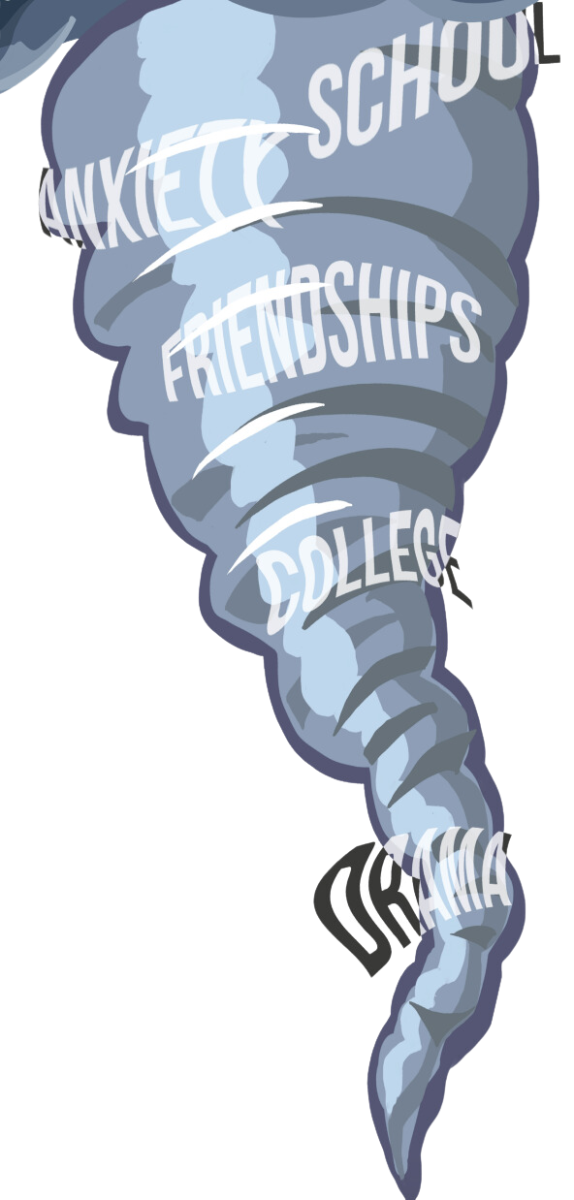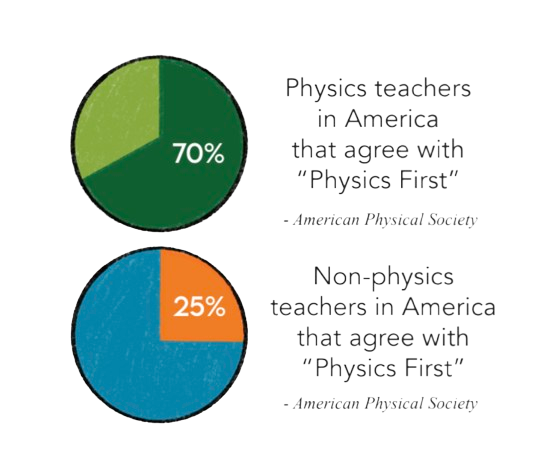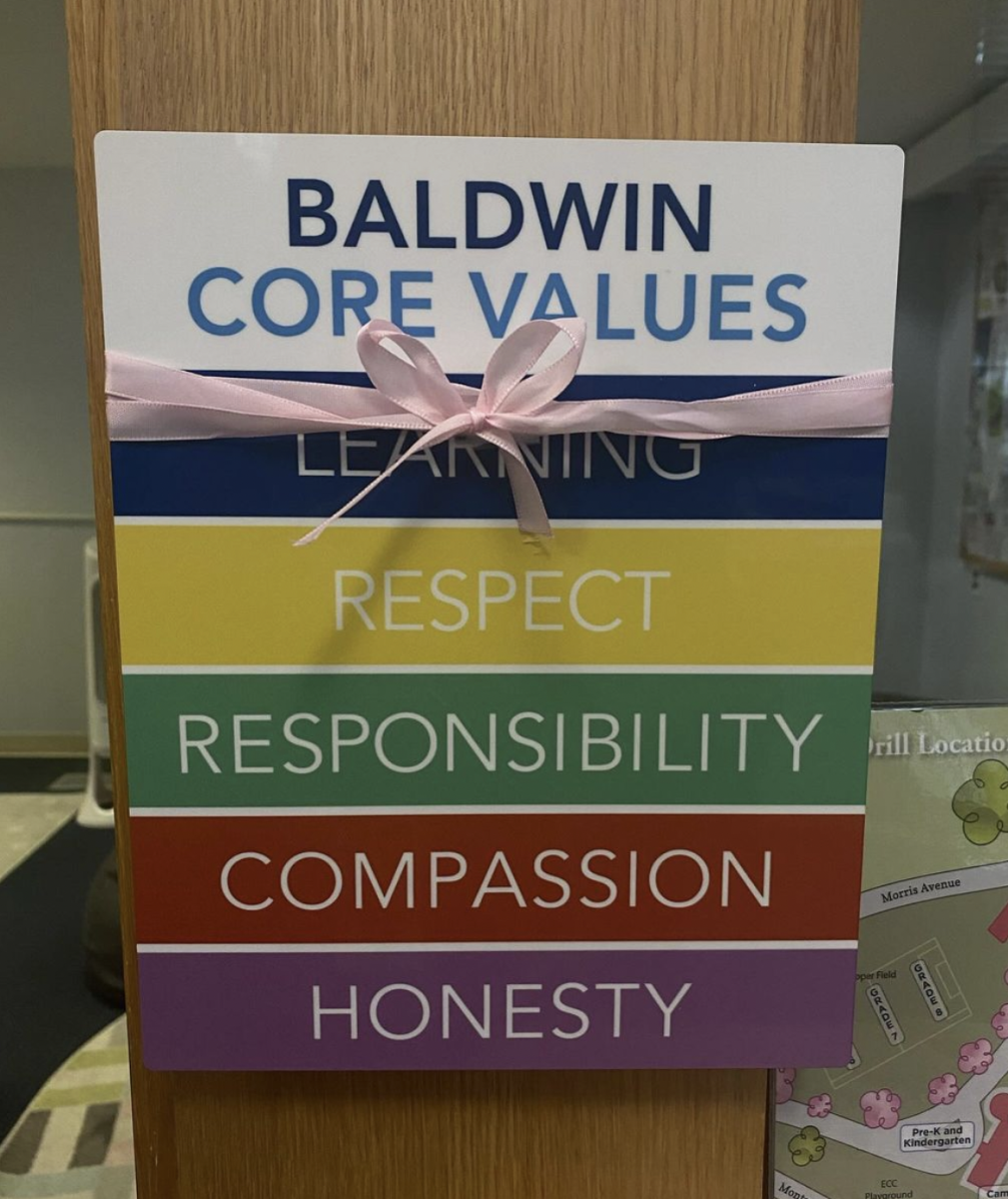Taylor Swift’s Re-Releases Are Not Just A Broken Record
Here’s a recap of the contracts, industry exploitation, and drama that led to Taylor Swift’s latest re-released albums.
By now, most people have probably heard of Red (Taylor’s Version) or Fearless (Taylor’s Version). Maybe you’ve stumbled across a song from The Vault on Spotify or overheard friends dramatically condemning Jake Gyllenhaal, even though it’s been ten years since his infamous break-up with Taylor Swift.
Even for those of us who have been following the Taylor Swift drama and eagerly anticipating her re-recordings for the past two years, the backstory can be a little murky. If you don’t know much about Taylor Swift, I’m sure it’s downright baffling. So, what’s the deal with all the “re-releases,” and why is all of Taylor Swift’s old music suddenly new again?
According to Time, it all started back in 2005, when a 15-year old Taylor Swift signed with Big Machine Records. As an emerging artist in a cutthroat industry, she had little control over the terms of her contract, and like many artists, she was forced to sign over ownership of all albums she produced until her contract expired.
Since Big Machine Records owned the title to her “masters” (or original recordings), they reaped the biggest financial benefit when Taylor Swift skyrocketed to stardom, and had ultimate power over her creative decisions as well. Her constant attempts to buy back her own music were blocked.
Taylor Swift’s contract with Big Machine Records expired in 2018, 13 years and six tremendous hit albums later. She switched labels to Universal’s Republic Records, and, as an established artist with huge influence in the music industry, was able to create a contract based on fair terms that gave her the creative freedom she so desired. But Big Machine Records still owned the rights to her first six albums, and continued to make money off of her masters every time they were purchased or streamed.
Then, in 2019, things reached a breaking point. Big Machine Records sold the rights to Swift’s first six albums to Ithaca Holdings, owned by Scooter Braun, a titan in the musical industry. Swift has accused Braun of “bullying” her based on his actions during Swift’s feud with Kanye West, who Braun managed. Braun then sold the masters to Shamrock Holdings, reaping $300 million from the deal.
Taylor Swift railed against the decision denouncing exploitative industry forces. In a Tumblr post that June, she described the situation as her “worst case scenario,” and wrote, “This is what happens when you sign a deal at fifteen with someone for whom the term ‘loyalty’ is clearly just a contractual concept. And when that man says ‘Music has value’, he means its value is beholden to men who had no part in creating it.”
She vowed to re-record the albums so that she would have full ownership over the new recordings and announced that she would include “Vault Songs” in each album. These are songs that were written during the same period as the original album, but were never released to the public. Her hope was that by including these new songs, she could incentivize fans to stream her new recordings rather than the originals, thereby devaluing the masters and redirecting profits away from Braun.
Since then, she has re-released two albums, Fearless (which was originally released in 2008), and Red (which was originally released in 2012), and a total of fifteen Vault Songs, many of them collaborations with famous artists such as Ed Sheeran, Phoebe Bridgers, Chris Stapleton, Maren Morris, and Keith Urban.
Fans have rallied to support her, making both rereleases staggeringly successful. According to Variety, when Fearless (Taylor’s Version) debuted in April, it had the biggest sales week of a country album in six years, as well as the biggest first sales week of any album in 2021 up until that point. It also marked the first time a remake of an album had debuted at number 1 on the Billboard 200 Chart.
Red (Taylor’s Version), which was released in November, blew Fearless out of the water, with the best opening week for a country album in eight years. According to Business Insider, it broke Spotify’s record for the most-streamed album in a day by a female artist the day it was released.
The album also had the biggest sales week for any album in 2021 up until then, with 369,000 sales, and made Taylor Swift only the second woman in history to have at least 10 number 1 albums on the Billboard 200 Chart, according to Billboard.com.
The album was accompanied by a short film based on All Too Well (10 Minute Version) and featured Sadie Sink and Dylan O’Brien. In just over a week since the film’s release, it garnered 44,294,853 views on YouTube.
The significance of Swift’s success goes beyond her personal profit or creative freedom. In an industry where artists, big and small, are frequently dominated by their labels and lose ownership of their own work, the success of Swift’s re-releases represents a potential shift in creative control in the music industry.
By harnessing the power of her fans and social media following, Taylor Swift takes back ownership of her music, setting a precedent that is sure to inspire other artists in the future and could foretell a rebalancing of the power dynamic in the music industry in years to come.

































